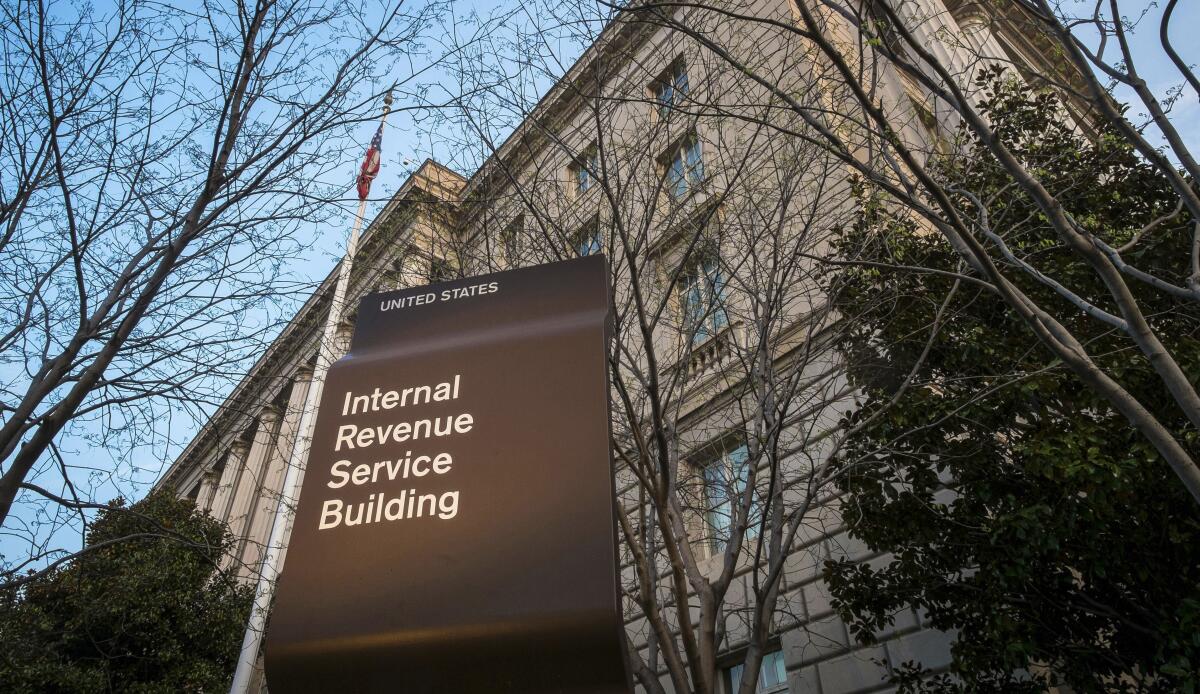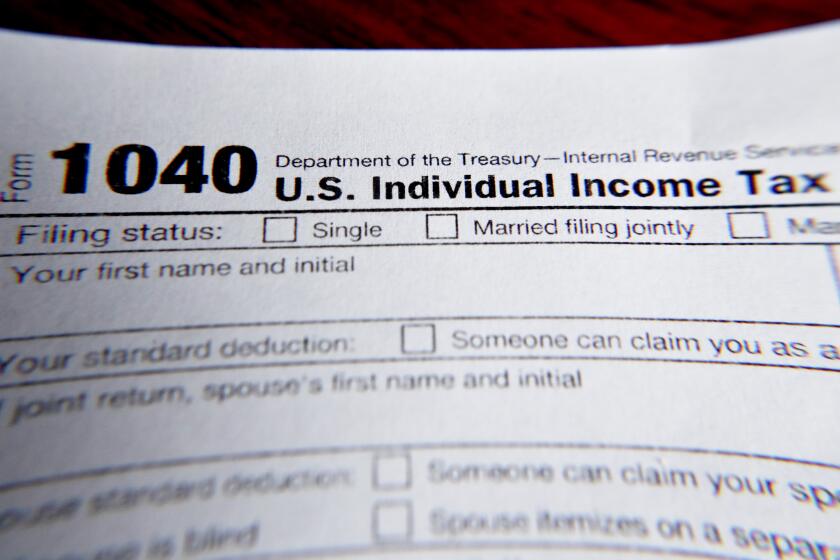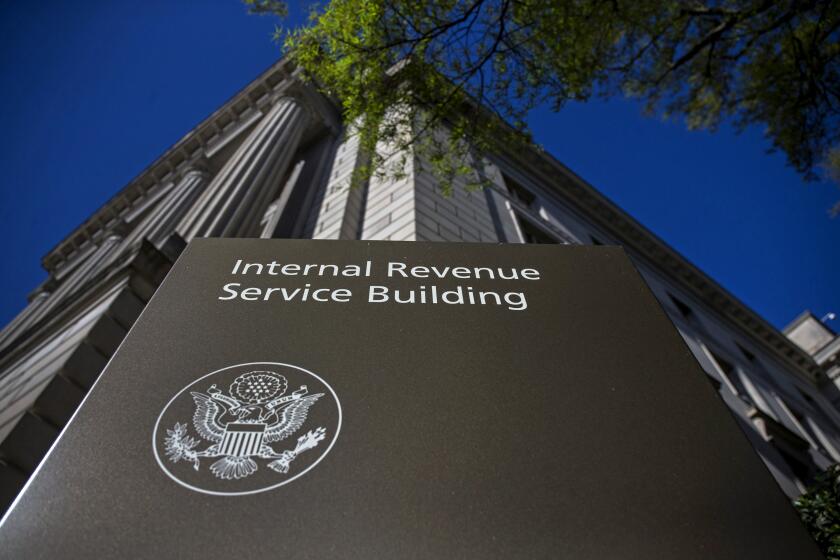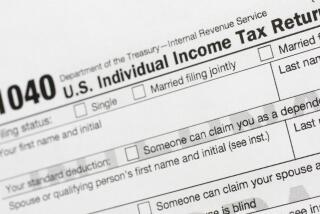Tax cheats are costing the U.S. $1 trillion a year, IRS estimates

The head of the IRS calculated that tax evasion in the U.S. may total $1 trillion a year, a figure that is multiples higher than previous estimates from the federal government.
Internal Revenue Service Commissioner Chuck Rettig told a Senate panel Tuesday that previous tallies of the tax gap — which came to a cumulative amount of about $441 billion for the three years through 2013 — didn’t include some tax-evasion techniques that weren’t on the agency’s radar at the time.
New estimates include the use of cryptocurrency, he said. Offshore tax evasion, illegal income that goes undetected by the IRS and underreporting from pass-through businesses also contribute to a larger than previously known tax gap, Rettig said.
“I think it would not be outlandish to believe that the actual tax gap could approach and possibly exceed $1 trillion per year,” Rettig told the Senate Finance Committee.
Confused about filing taxes this year? You’re not alone. Here’s a guide to get you started.
The ballooning difference between the tax dollars owed and what is actually collected by the IRS is an increasing point of focus on Capitol Hill, where a rising number of lawmakers are coming to see more aggressive tax enforcement as a way to boost government revenue.
Enforcement focus
President Biden has proposed to strengthen corporate-tax enforcement as part of his proposal to pay for his $2.25-trillion, infrastructure-led spending plan. He also plans to outline individual-tax proposals in the coming weeks. Biden’s budget proposal last week also called for an additional $900 million for expanded audits.
Rettig said that an extra $1 billion for enforcement could enable the IRS to hire 4,875 front-line audit personnel and update computer systems to help identify fraud and tax evasion. He said rebuilding the agency’s auditing capability would be a multiyear process, after the IRS lost 17,000 enforcement-related employees in the last decade.
“We want to get there, but we do need your help,” Rettig said.
Strengthening tax-reporting requirements and the regulations overseeing tax-return preparers would help the IRS stop fraud and close the tax gap, Rettig said. About 99% of taxes are paid to the IRS when there is automatic withholding and reporting to the agency, but only 45% of what’s owed gets paid when those are lacking, he said.
The IRS promises to refund taxes that early filers paid on the first $10,200 of unemployment benefits earned last year. The money may not show up until summer.
Wealthy evaders
Most individuals earn their income through wages, through which taxes are automatically deducted from each paycheck. However, income from pass-through entities, such as partnerships and limited liability corporations, isn’t subject to automatic withholding, giving the owners more opportunity to skirt tax obligations.
A study released last month, which included two IRS officials as authors, found that the richest 1% of Americans don’t report about 20% of their income to the IRS. Those individuals are able to use pass-through businesses and offshore structures to shield their income from the IRS’ view, the study said. Collecting that money would boost tax collections by $175 billion a year, the study found.
More to Read
Inside the business of entertainment
The Wide Shot brings you news, analysis and insights on everything from streaming wars to production — and what it all means for the future.
You may occasionally receive promotional content from the Los Angeles Times.












